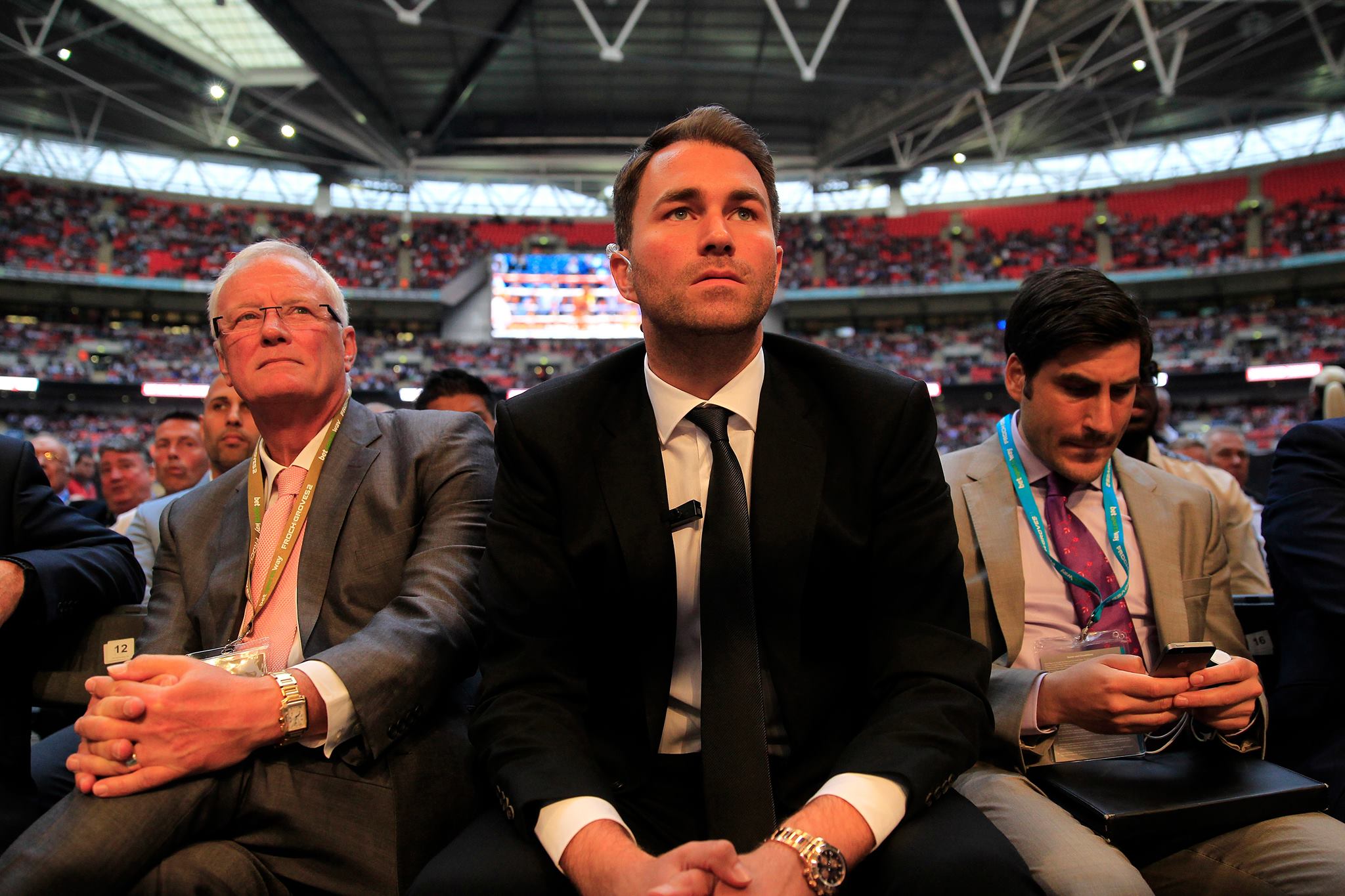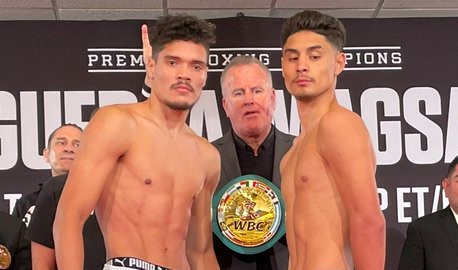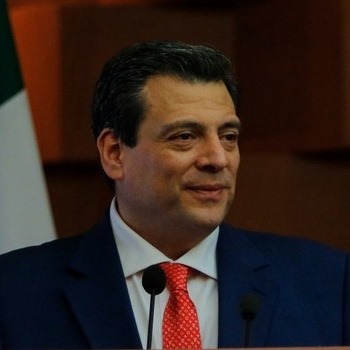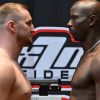By: Sean Crose
He was never popular here in America, but there’s no denying Wladimir Klitschko dominated an entire era of heavyweight boxing. That’s no small feat. What’s more, now that the man known as Dr. Steelhammer has been out of the ring more than a couple years, his overall legacy is worth investigating. The simple facts are that Klitschko was a professional boxer for twenty years. During those two decades he fought 69 times. Only five of those fights ended up with the Ukrainian losing. Fifty three of his opponents didn’t see the final bell. Klitschko was a world titlist for over twelve years, making him the longest running heavywieght titlist in history.
This data alone indicates Klitschko is well deserving of a spot in the International Boxing Hall of Fame. No professional fighter operating in a major division holds a title for over a decade without being supremely skilled. There is, however, the matter of Klitschko’s competition. During his long career, particularly the time the spent atop the heavyweight division, Klitschko never truly met a world beater – with the possible exception of Tyson Fury, the man who took away his heavyweight crown in 2015.

Names like Povetkin, Haye, Rahman and Pulev, are certainly impressive, but they don’t have the same ring as Ali, Frazier, Foreman, Norton, Holmes, Tyson, Holyfield, Bowe or Lewis. So no, Klitschko could never say he bested a true heavyweight star in that star’s prime. But could Joe Louis? Or Rocky Marciano? Or Larry Holmes? The truth is that a fighter can only face who he can face. Competition can be as much a matter of chance as it can ambition. Plus, unless you know something I don’t, no one could ever accuse Klitschko of having ducked anyone.
Still, there’s also the question of style to deal with whenever Klitschko’s name comes up. Yes, the man essentially had a terrific standup game that employed a classic European style, but he also held – a lot. The early 21st century was not the early 20th century. Boxing no longer had a profound grappling element to it. Yet Klitschko held enough to make some wonder if he’d have been as effective if he fought more outside of Europe, where his tactics tended to be tolerated.
A fair point, perhaps, but to me, the one moment that defines Klitchcko came after he had lost his title to Fury. In his comeback bid against Anthony Joshua in 2017, Klitschko was on fire. Sure, he lost, but let’s take the fact that the man was in his forties at the time into consideration. Plus, Klitschko came a shot or two away from walking away the recipient of one of boxing’s best comeback stories. This wasn’t a tale of holding, or weak competition. It was the narrative of a man past his prime showing a young star what he was made of.
And Klitschko proved to everyone that night in London just how good he actually was.

















